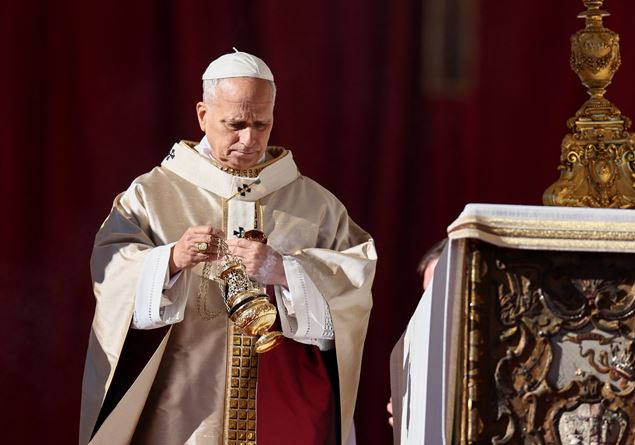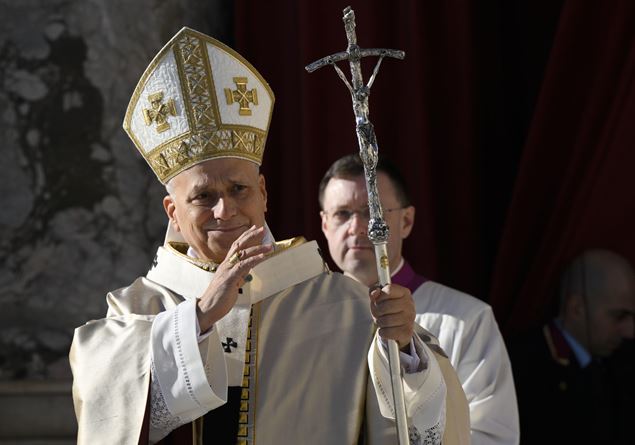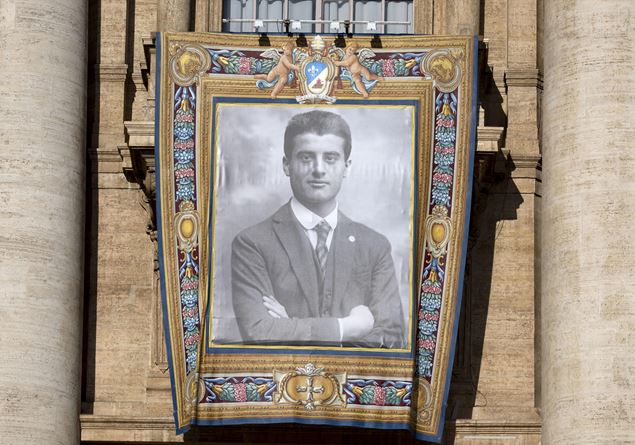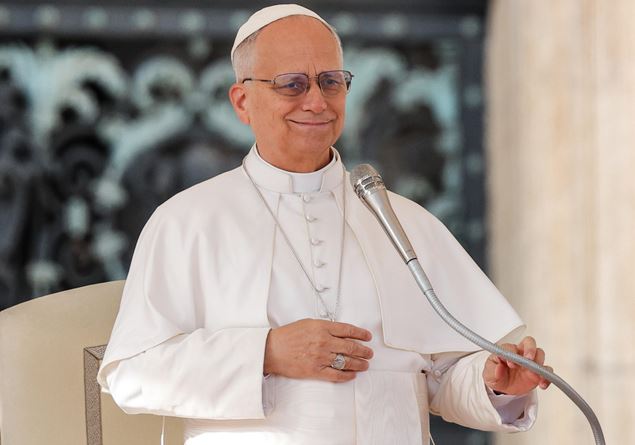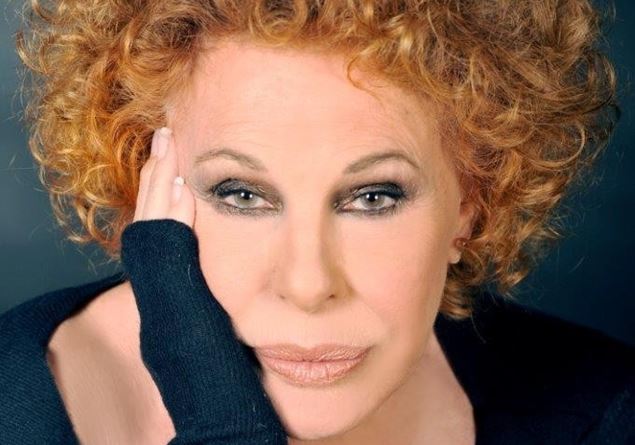President Mattarella presents the Award of Merit of the Italian Republic to Sofia Corradi in 2017.
Mother Erasmus passed away at the age of 93. Interviewed by Famiglia Cristiana in 2017, for the 30th anniversary of her “creature”, she told us that initially no one listened to her but then thanks to her millions of young people were able to study abroad and she explained to us what a boy who accesses the program learns. It’s a shame, he added that the cost still partly weighs on families and that’s why not everyone can afford it.
«Today I heard a “quixotic” story but with a happy ending». Words of the King of Spain. And the Don Quixote in question is Sofia Corradi, 82 years old, who was awarded the prestigious Charles V Prize on 9 May 2016. In the presence of Felipe VI, Martin Schulz and hundreds of young people who were lucky enough to access the Program of which the scholar is considered the creator. For Sofia Corradi, Erasmus Motheran indescribable emotion. In the ovation of the “Erasmians” present he felt the value of his victory. And in the king’s words the meaning of his undertaking. Because it’s true, on June 15th we celebrate the 30th anniversary of the ratification of the Erasmus Program, i.e. the possibility of carrying out a period of study legally recognized by one’s own university in a foreign university. But before turning 30, which we celebrate in 2017, there are 18 years of struggle with reminders, phone calls and attacks on all those who could have contributed to making his intuition a reality.
In 1959, in fact, young Sofia wanted to study in New York. After obtaining a Master’s degree in comparative law, in Italy they refused to recognize him: «An injustice that I had to remedy. 48 years have passed since then. Being a young woman perhaps helped me because they considered me not very powerful.” They were very wrong. Sofia Corradi, a teacher of adult education until 2004, wanted the opportunity to study abroad to be recognised, based on her experience: «Because this is how young people are trained for adult life». He’s a river in flood when he talks about his creation: «Erasmus is the only thing in the Union that everyone now agrees on. When it began, bureaucrats and people of modest scientific stature were against it. The great scientists and scholars understood that it was a good thing and that it would promote peace and a sense of community.” He retraces the years leading up to 1987 as “the story of 18 years of rudeness and defeats”. But she and her education in internationalism won.
What does it mean today in full globalization? «Educating about internationalism means giving space only to the positive aspects of globalization. Those who go on Erasmus go back and don’t judge and learn that you can only teach by example. It is no coincidence that statistics say that it takes Erasmians half the time to find a job after graduation and within ten years they find themselves in decision-making positions. Because he learned to work in a team, to negotiate, to find agreements.” Erasmus, adds Sofia Corradi, is not for everyone but for those who possess the most important thing in the world: «Curiosity and the desire to learn». The only regret is that even today, mostly children of wealthy or culturally elevated families go on Erasmus. The scholarship provided allows only part of the expenses to be covered: «Yet it is all written in the Constitution in article 34 “The capable and deserving, even if without means, have the right to reach the highest levels of studies”».
So here is Mamma Erasmus’s advice: «The “shrewd” Erasmian knows how to identify scholarships and learn to make do to cover the rest of the expenses. For example, finding out from other students how to find jobs. In foreign universities it is possible. And he asks for Christmas and birthday gifts to be given in cash, rather than useless objects.” Spain is one of the countries that has the most incoming and outgoing Erasmians. Then there are the countries where you study in English. But recently the front has opened up in many other states. «I met a guy who was in Estonia and I asked him how he managed to communicate. “The language is not important”, he explained to me, because in Erasmus “I learned to smile in all the languages of the world”».
